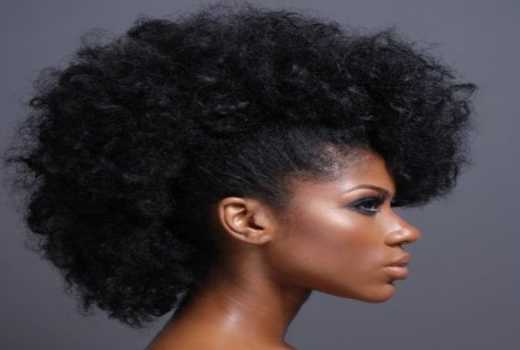×
The Standard e-Paper
Kenya’s Boldest Voice

Growing up in a farm in a village in Nakuru, Paul Ng’ang’a harboured dreams of becoming a lawyer.
But instead, the 38-year-old became an entrepreneur. He’s the man behind Mikalla, a hair care brand that’s making a name for itself in the industry.